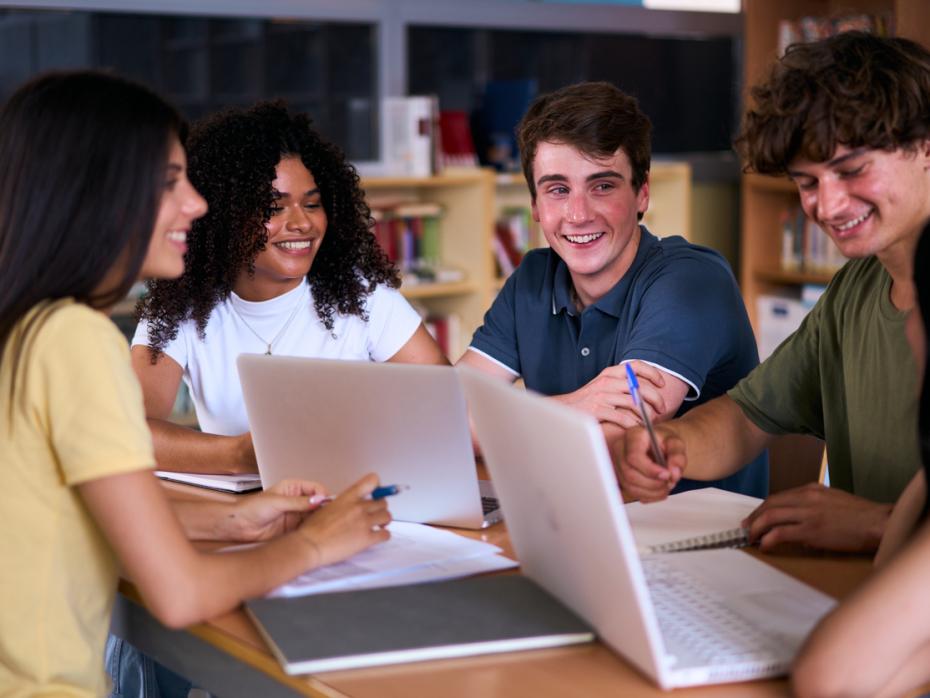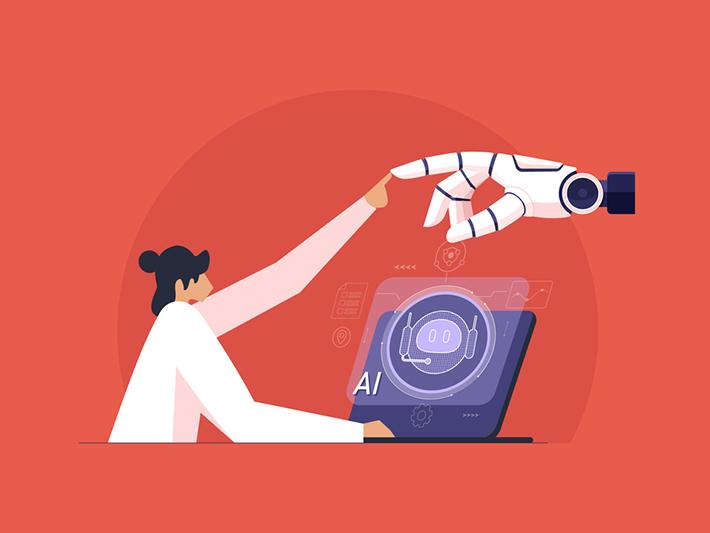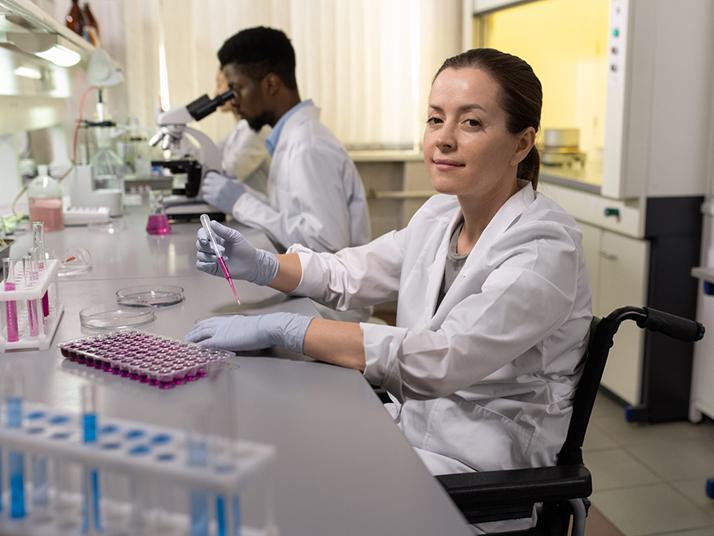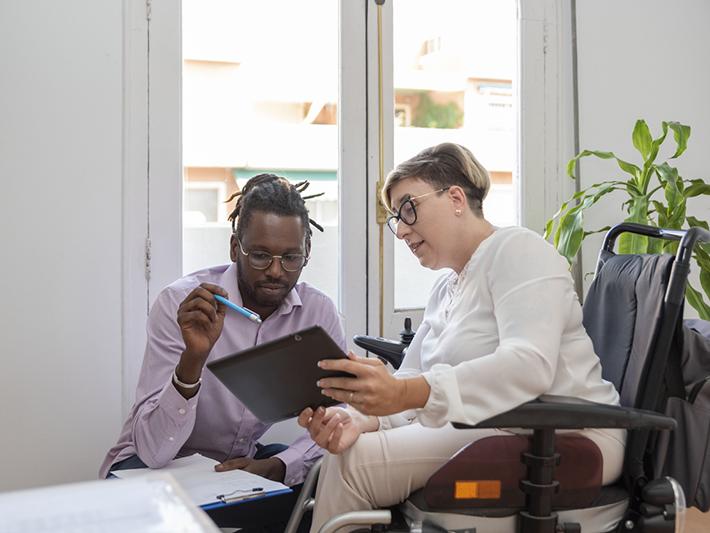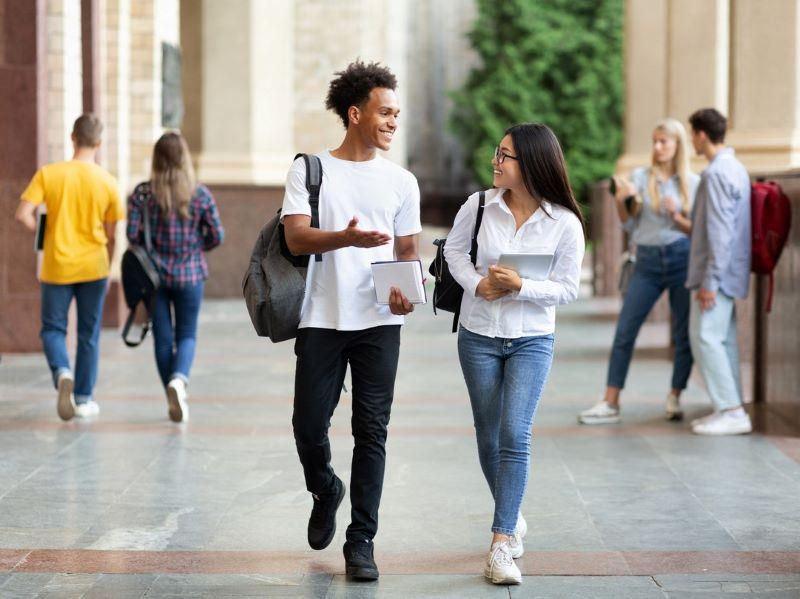Guidance on actions and policies that ensure disabled students and staff can participate fully in university life and flourish in their studies and work. These resources look at how to remove barriers to access in teaching, research activities and academic posts. The advice covers specifics such as ensuring accessibility of course materials, adapting assessment practices, factoring accessibility into field work, understanding the needs of neurodiverse students and staff and developing support services that enhance disabled students' experiences of higher education.
